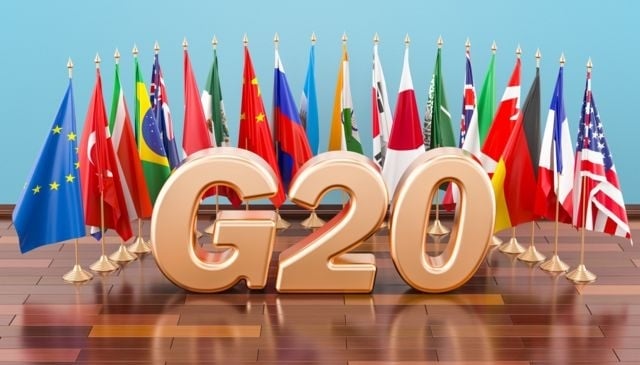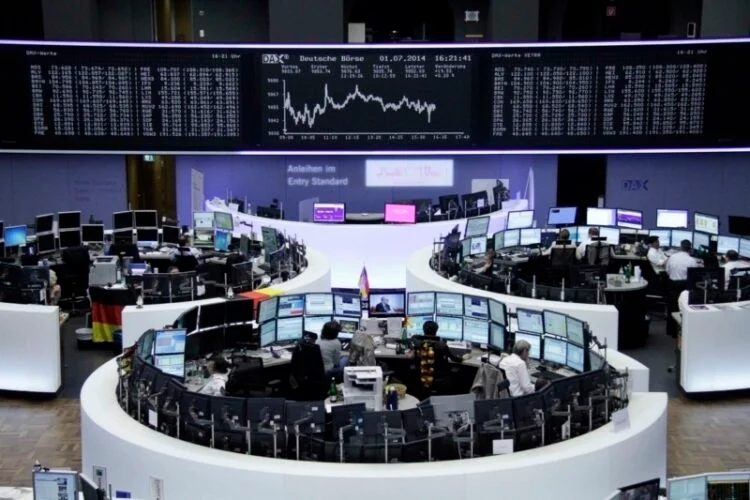Publisher: Maaal International Media Company
License: 465734
The Kingdom is ranked 3rd among the least inflationary countries within the G20
The quarterly economic report issued by the Ministry of Economy and Planning revealed that China topped the least inflationary countries among the G20 countries during June with a rate of 0.2%, followed by Italy with a rate of 0.8%, and the Kingdom came in third with a rate of 1.5%.
The General Authority for Statistics announced earlier that the annual inflation rate in the Kingdom reached 1.7% during the month of September, achieving relative stability on an annual basis.
According to the Authority, this is mainly attributed to the increase in the prices of the housing, water, electricity, gas and other fuels by 9.3%, and the prices of the food and beverages section by 0.8%, compared to a decrease in the transportation section by 3.3%.
اقرأ المزيد
According to the Ministry of Economy and Planning report, Argentina came in first place in the inflation rate among the G20 countries with a rate of 271.5%, followed by Turkey with a rate of 71.6%, Russia in third place with 8.6%, India in fourth place with 5.1%, and South Africa in fourth place with a rate of 5.1%.
The report indicated that the risks threatening the global economy are generally balanced, adding that some of them have become more urgent in the near term, as inflation-related risks remain high, especially in the services sector, which is affected by rising labor costs and price competition.
The risks of new trade or geopolitical conflicts are also increasing, which could lead to higher prices for imported goods and exacerbate inflation. In addition, the appreciation of the dollar due to interest rate differentials could complicate capital flows and challenges in easing monetary policy, which would negatively affect growth and financial stability, especially in emerging economies.
Economic policymakers must take proactive and cautious measures – according to the Ministry of Economy and Planning report – and central banks must balance price stability with supporting economic growth, avoid premature easing and be prepared to tighten policies when needed. Governments must also adopt prudent fiscal policies and diversify sources of income, while carefully managing currency fluctuations and capital flows.
On the other hand, the data indicated that international cooperation, along with structural economic reforms, can enhance sustainable growth and reduce risks. The ministry’s report also recommended that countries cooperate to reduce trade barriers and resolve economic disputes, which would enhance global stability.








